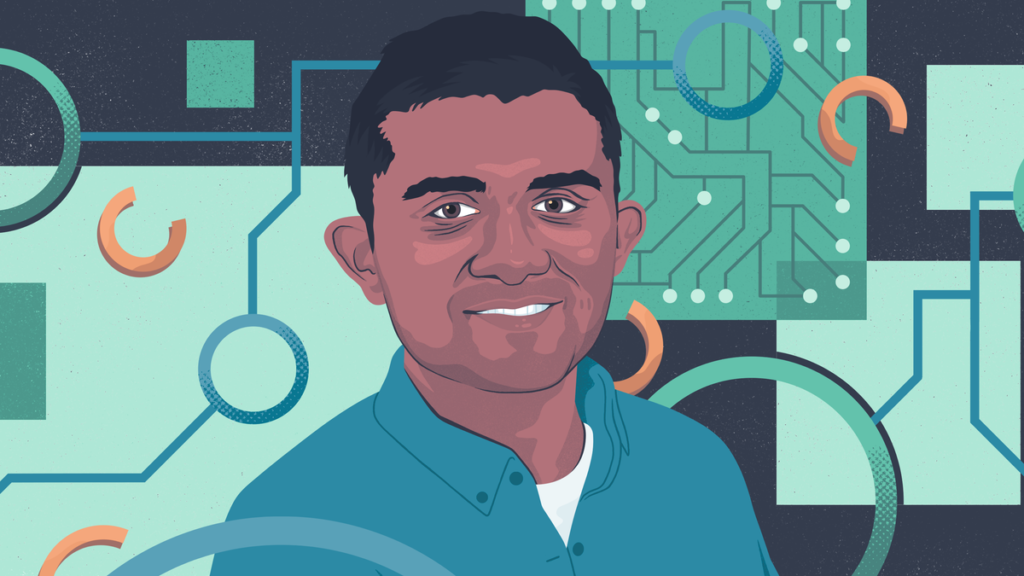In 2016, while traveling to a remote village in southern India, Aadith Moorthy witnessed a funeral procession he would never forget: that of farmers. who ended his life. He later learned that reduced monsoon rainfall had led to lower crop yields in the region.it Get him thinking about the damage climate change could wreak on farmers, and how technology could be used to reverse its harm.
That’s why Moorthy founded Boomitra. Now the San Mateo, Calif.-based agritech startup is pioneering a new business model to compensate farmers for adopting sustainable soil practices by operating what it calls an international soil carbon market.
Boomitra aims to increase carbon sequestration in agricultural soils, the practice of capturing and storing carbon from the atmosphere. To that end, the company (whose name means “Friend of the Earth” in Sanskrit) works with more than 150,000 farmers and ranchers in Africa, South America and Asia to shift to regenerative land practices.
Proponents argue these sustainable practices improve soil health, which in turn contributes to carbon storage in land banks. As farmers turn to regenerative technologies, Boomitra uses satellite technology and artificial intelligence to monitor increases in carbon in the soil, which are then verified by third parties as carbon removal credits. Companies and governments looking to offset their carbon emissions can purchase carbon credits from Boomitra, with the majority of the revenue from each credit flowing directly to farmers and ranchers.
The Intergovernmental Panel on Climate Change (IPCC) says storing carbon in soil could reduce CO2 emissions at the lowest cost By 2050, this approach could save 2 to 5 gigatonnes of carbon dioxide per year.For comparison, power plants around the world have released 32.5 gigatonnes of carbon dioxide 2017.
farmland Occupying 10% of the earth’s land, and adopting more regenerative practices is an effective means of locking carbon in the soil. Through a strategy, farmers can add more carbon to agricultural soils by planting “cover crops” such as clover, beans and peas after their main crops are harvested, which helps the soil store carbon year-round. Another approach involves less intensive tillage, since breaking down the soil can release stored carbon back into the atmosphere.
Boomitra hopes to support these strategic changes through technology. Farmers can use apps run by Boomitra to track soil carbon levels as well as cover crops and soil tillage.The idea is also resonating with investors: Boomitra has acquired US$6 million in seed investment Investors include Chevron Technology Ventures and SVG Ventures-Thrive.
The startup is still in the early stages of fulfilling its mission. The company told Quartz that the projects are currently in the process of obtaining third-party certification, and once verified in the coming months, funds will be sent to farmers and ranchers.
the story is Quartz 2023 Innovators Lista series that spotlights people deploying bold technologies and reimagining the way we do business for good around the world. Find the full list here.
